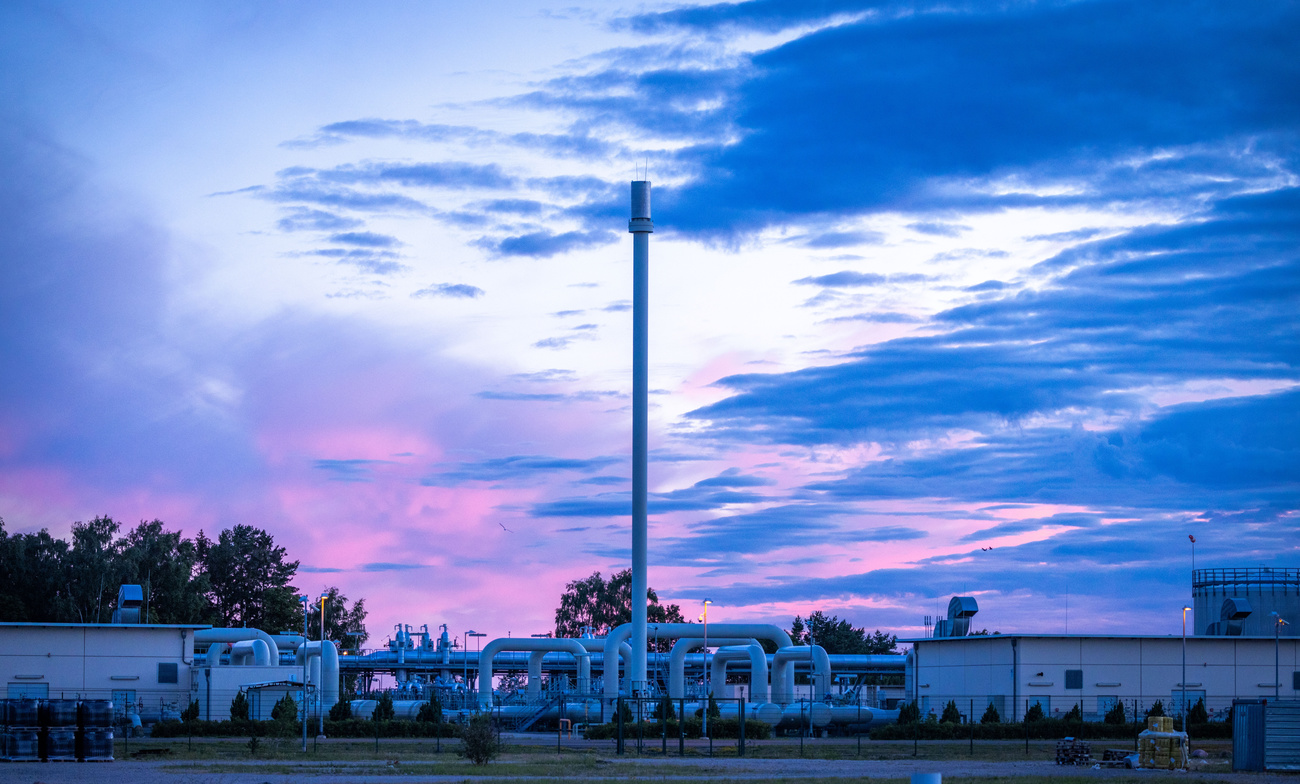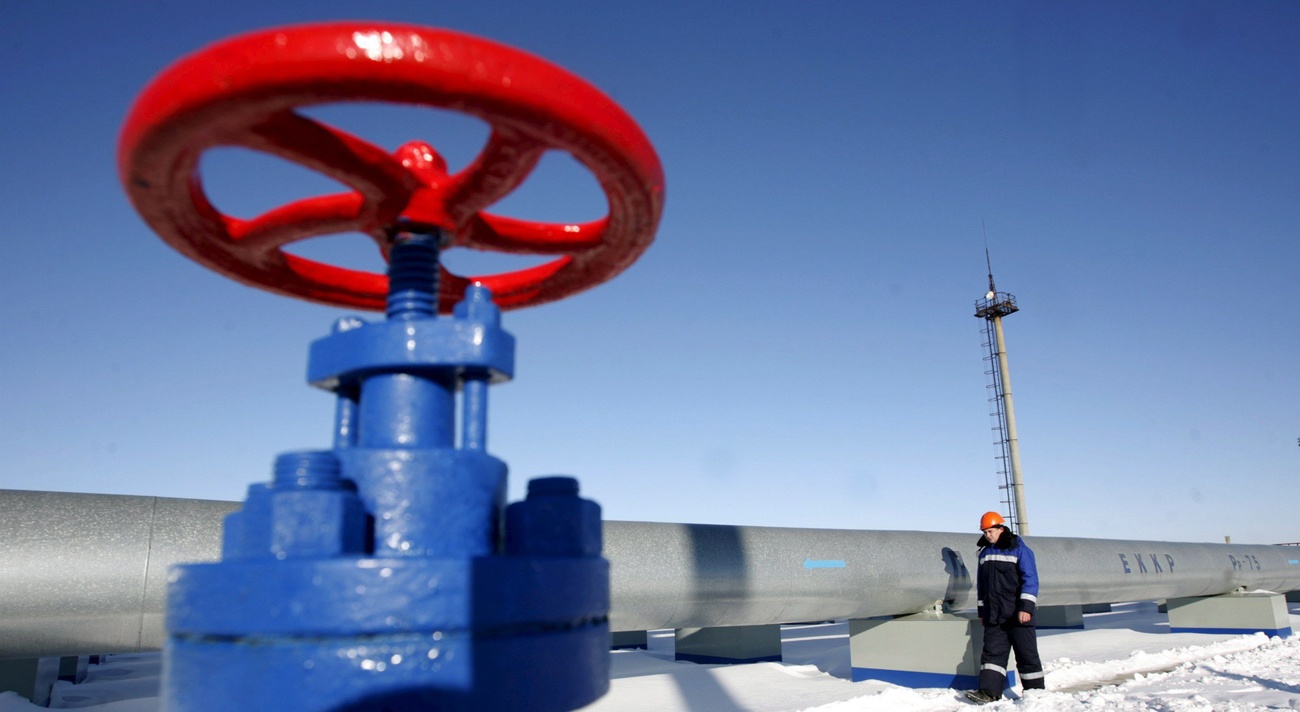
Energy minister defends strategy amid fears of blackouts

A range of options are being explored to prevent power outages this winter, says Swiss Energy Minister Simonetta Sommaruga. This comes amid criticism that the country hasn’t set up an effective energy savings plan.
“Switzerland is doing everything to prevent a shortage. But let’s not forget that there is war in Europe. There are no certainties,” Sommaruga said in an interviewExternal link with SonntagsBlick.
She added that adopting a 15% energy savings target like that of the European Union would “make sense” but the government would make the final decision.

More
What the Ukraine war means for Switzerland’s energy policy
Her comments come after the head of the electricity commission drew criticismExternal link for calling on the public to stock up on candles and firewood ahead of the winter. Some media and politicians took this as an admission that the government’s energy strategy was unprepared for possible power outages.
Sommaruga pushed back, saying an energy savings campaign would be launched in the next few weeks.
Boosting energy supply
Swiss media also took aim at some ways the government plans to boost energy supply, including the use of gas and oil-fired power plants.
The energy ministry confirmedExternal link to the Tages-Anzeiger that it was “examining the use of oil-fired power plants for extreme emergencies”.
The newspaper said this was likely to spark even more controversy among environmental groups than previous announcements that the country could use gas-fired power plants as a reserve from 2025 in the case of emergencies.
More
However, some politicians who back strong climate change policies told the paperExternal link that everything should be done to prevent power shortages but that the crisis should also be used as an opportunity to massively push the expansion of renewable energies.
Diplomatic tensions
Concerns over gas supply are becoming a source of tension between Switzerland and some European neighbours. There is no electricity agreement between Switzerland and the European Union after talks on a framework agreement collapsed.
Sommaruga admitted that an electricity agreement with the pact would be beneficial but that “the fundamental problem – our dependence on oil and gas from abroad – would not change the agreement”.
Switzerland is still closely linked to the European gas network. The Tages-Anzeiger writes that the government is currently in negotiations with Germany and Italy to negotiate a solidarity agreement in case of gas shortages.
Both EU countries have laws or are considering adapting laws to prevent export of gas in case of emergencies. This would have consequences for Switzerland.
In response, writes the paperExternal link, the Swiss energy ministry is threatening to use a contractual clause that makes it possible to tap a gas pipeline that travels from Germany to Italy through Switzerland. This has caused some harsh reactions in Italy, according to unnamed sources, says the paper.

In compliance with the JTI standards
More: SWI swissinfo.ch certified by the Journalism Trust Initiative


























You can find an overview of ongoing debates with our journalists here . Please join us!
If you want to start a conversation about a topic raised in this article or want to report factual errors, email us at english@swissinfo.ch.